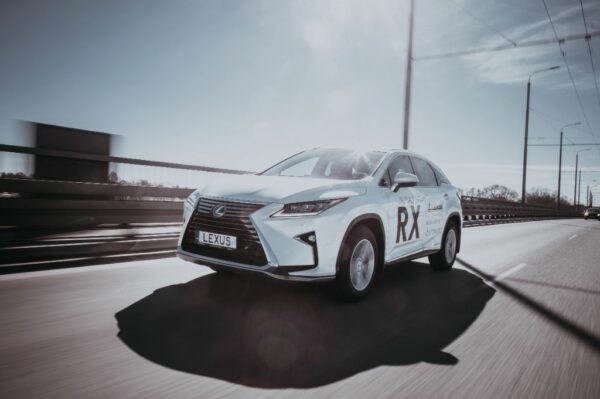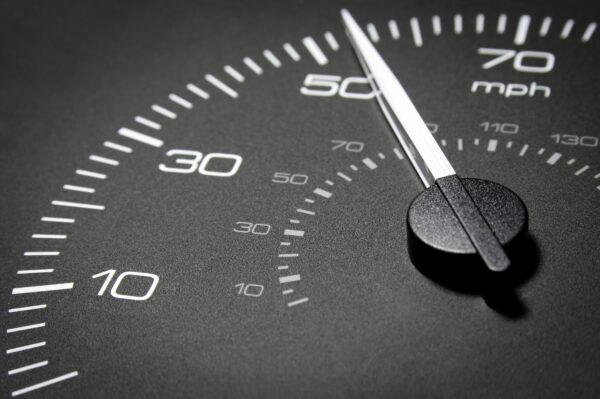
There are many reasons why your engine might be misfiring — ranging from a defective sensor to a fuel injector malfunction.
Here are some likely culprits behind a misfiring engine:
1. Ignition System Problems
When most people hear the term ignition misfire, they think of worn-out ignition spark plugs. However, spark plugs are just one part of the ignition system.
A typical modern ignition system contains various components, including the control module, crankshaft position sensor, ignition coil packs, spark plug boot, spark plug wire, and spark plugs.
Each engine combustion cylinder has an ignition coil pack (or coil packs that serve two cylinders) that sends electricity to the spark plug, which then ignites the air-fuel mixture.
Issues with any of these components can result in an ignition misfire.
2. Air and Fuel Delivery Problems
The fuel system stores and supplies fuel to the engine, which is ignited by the spark plugs.
The fuel pump draws gasoline from the fuel tank and supplies it to the fuel injectors. The gasoline passes through fuel lines and the fuel filter before reaching the fuel injectors.
Air and fuel mix inside the combustion chamber and are ignited by the plug. The resulting explosion sets the engine in motion, creating the rotational force needed to propel your car.
But, sometimes, a clogged fuel injector, fuel pump, fuel filter, or a vacuum leak in the fuel lines can throw off the air-fuel mixture. This could lead to low fuel pressure — resulting in a misfiring engine.
3. Emissions Equipment Problems
In addition to the catalytic converter, modern cars have an array of emissions equipment to minimize the amount of pollution released into the atmosphere.
These include oxygen sensors, the exhaust gas recirculation (EGR) system, and the positive crankcase ventilation (PCV) system. In some cases, issues with one of these emissions equipment can alter the engine’s air-fuel mixture enough to cause a misfire.
4. Engine Mechanical Problems
Sometimes an engine mechanical problem can cause a mechanical misfire.
Each cylinder inside the combustion chamber contains a piston that compresses the airfuel mixture for complete combustion. When the piston moves upward, the cylinder must remain completely sealed off to create adequate compression.
Internal engine problems that prevent the cylinder from sealing properly could lead to a loss of compression and cause a mechanical misfire.
5. Sensor and Module Problems
Modern vehicles contain several sensors, which the PCM (Powertrain Control Module) uses to control critical functions, such as fuel delivery, fuel pressure, spark timing, etc.
As such, sensor problems can easily contribute to an engine misfire. Also, a problem with the PCM itself can cause a misfire.
6. Control Circuit Problems
All input and output engine management devices (i.e., sensors, ignition coil packs, etc.) are connected via electrical circuits. Problems within these circuits, such as damaged wiring or a loose connection, can cause engine misfires.
You now know what could cause your engine to misfire.
But knowing what an engine misfire feels like can alert you to the problem quickly.



